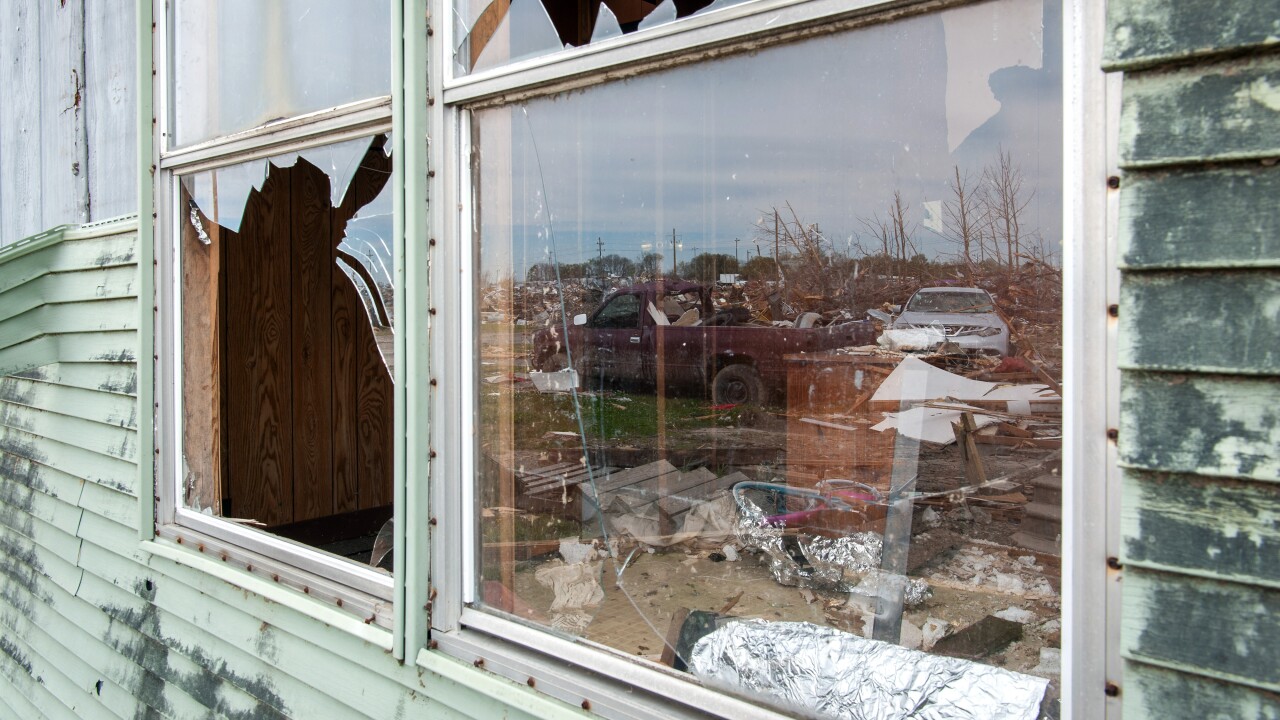If home price appreciation slows -- as many economists believe it will -- subprime credit borrowers could be hurt the most.According to John Silvia, chief economist for Wachovia Corp., $550 billion worth of B&C credit debt (about half the market) is expected to "reset" by the end of next year. "The challenge in housing will come in 2006," he predicted during an economic panel on housing prices Tuesday. "The lower income borrower[s] -- will they be able to reset?" he questioned. (Reset is in reference to adjustable-rate loans that are set to reprice over the next 18 months.) Economists speaking on the panel cautioned that consumers who, over the past few years, barely qualified for mortgage credit will be hurt the most because they have been using their homes like piggy banks. The concern is that if appreciation slows, the marginal borrower will have no equity to tap. Dean Baker, an economist for the Center for Economic Policy and Research, predicted that the housing bubble would only end once conventional rates reach 7%. He said once that happens, home prices on average could fall by 20%.
-
Remote work helped fuel migration and erased the loss of rural residents that occurred in the decade prior to the arrival of Covid, Harvard researchers found.
5h ago -
The threshold regards loans where the annual percentage rate is at least 1.5 percentage points higher than the average prime offer rate on first liens.
5h ago -
The home purchase market, which competes for consumers with rentals, should remain subdued in 2026 because of high mortgage rates and low affordability.
7h ago -
Federal Reserve Gov. Stephen Miran said higher goods prices could be the trade-off for bolstering national security and addressing geo-economic risks.
8h ago -
Rising labor and material costs could weigh on final expenses, despite a slower summer for hurricane and tornado claims, according to Verisk.
8h ago -
The partnership also includes a $50 million equity investment in Finance of America, securing long-term alignment between the companies.
8h ago




